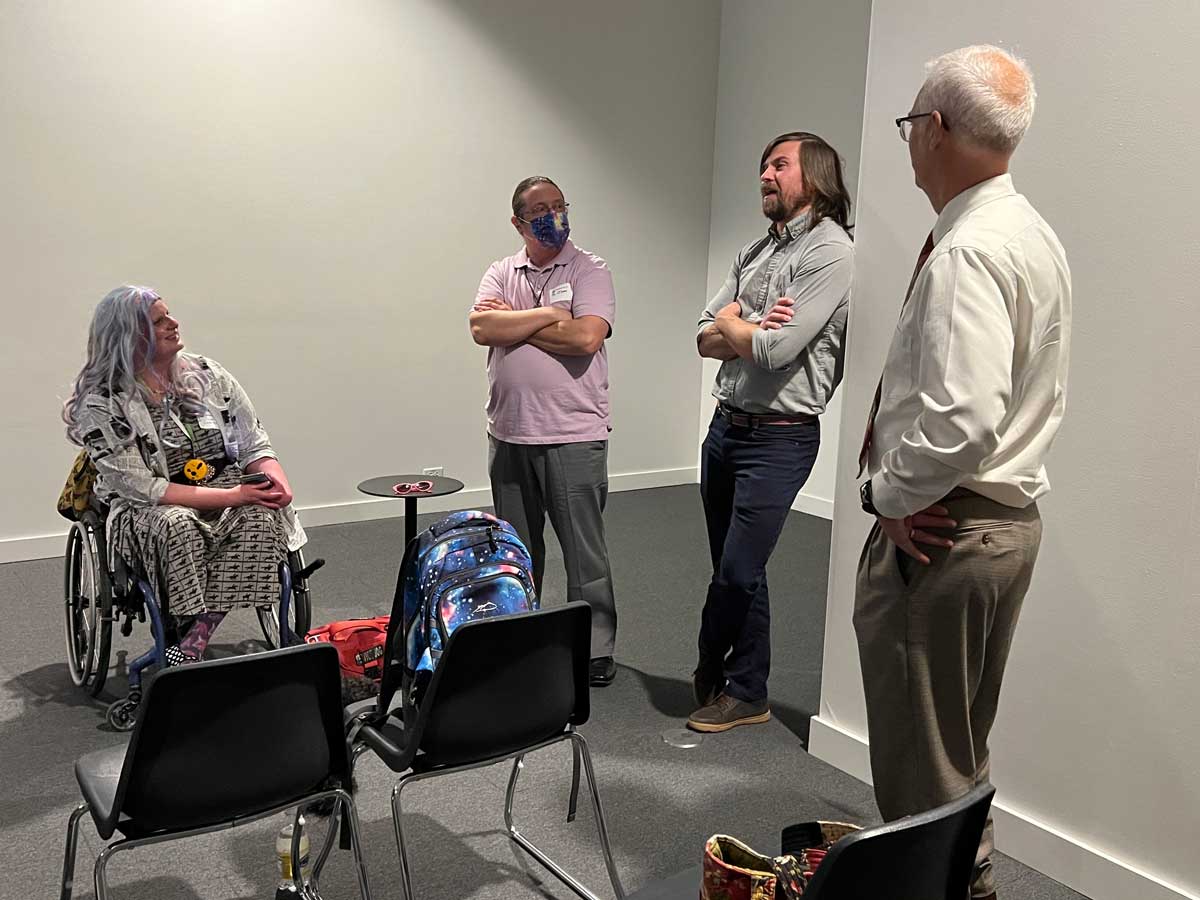USU Examines the Past and Future of Voting Rights in Fall 2020

By Alyssa Hughes
Utah State University held a wonderful series of discussions marking the 100th anniversary of national women's suffrage along with other important dates in the history of voting access in the United States. Originally planned as a two-day symposium in Logan that included lectures, discussions, and student presentations, the project had to pivot to a remote format with the advent of COVID. In some ways, these discussions may have been more significant in terms of timing (before the election) and impact (in light of the Black Lives Matter and Voting Access debates of the summer).
The symposium launched in September with keynote speaker, Dr. Carol Anderson, professor at Emory University and author of One Person, No Vote. Her conversation with Dr. Marisela Martinez-Cola focused on current blocks to voting access, and how these obstacles create voter suppression systemically. She talked about how we can address these issues proactively as citizens. From an anonymous survey, one attendee commented, “Carol Anderson’s presentation was informative, impassioned, and powerfully effective.” We agree!
Next, Dr. Lisa Tetrault from Carnegie Mellon University discussed the history of women’s voting access in the United States, again with a focus on both obstacles and victories. Dr. Tetrault highlighted the role of lesser known advocates for extension of the vote and made it clear that voting "access" is not the same as voting "rights". Dr. Selina Gallo-Cruz, Associate Professor of Sociology at the College of the Holy Cross, followed with a presentation about women’s political power, questions of visibility in the public sphere, and invisibility today.
The last three events had originally been planned as two panel discussions, but in the Zoom format, they took on a slightly different form. Dr. Mona Siegel spoke about the international history of women’s suffrage after the First World War, providing a global context for the earlier presentations. Dr. Kimberly Jensen turned the conversation to more local activism by focusing on African American women suffragists and voting access in Oregon. The final event, just one week before the U.S. elections, brought together several important leaders in Utah to discuss our statewide advantages and challenges in terms of voting access today and historically. All the events were recorded and can be viewed until early December here: https://www.youtube.com/playlist?list=PLLIek069ZRJM1Wv-1IOH5Bfo0VjEFliiT.
Through evaluations we conducted, we know that people learned a lot from the different perspectives on offer:
“I was impressed with the information regarding accessibility or lack thereof for people with physical challenges. Impressed with the ACLU activities and also that of NAACP. Very interesting that a voluntary lawyer database has been established to address intimidation of voters.”
“Voter suppression has been so successful since the 2000s because of the ability of politicians to disguise racist and classist goals as matters of voter security. We must take apart their rhetoric and show it for what it is. I'm a faculty member but I love how the talk came full circle to talking about the power of college students and their generation.”
“Dr. Anderson did a phenomenal job of engaging with the outstanding questions from Dr. Martinez -Cola. I walked away with a sense of empowerment to engage with democracy and hold it accountable through voting while also taking control through the use of civil society in holding elected officials accountable. Such a wonderful talk!”
The symposium was only possible through the generosity of our sponsors, which included Utah Humanities, Tanner Humanities Grant, Better Days 2020, Center for Intersectional Gender Studies and Research, Year of the Woman, Utah Public Radio, USU Department of History, Utah League of Women Voters, USU Women in Politics, Real Women Run, Wittenberg Institute for Public Humanities/Sciences, Voterise, Utah Women and Leadership Project, and AAUW of Utah.
Thank you to everyone who was able to be part of this, we appreciate you all!




